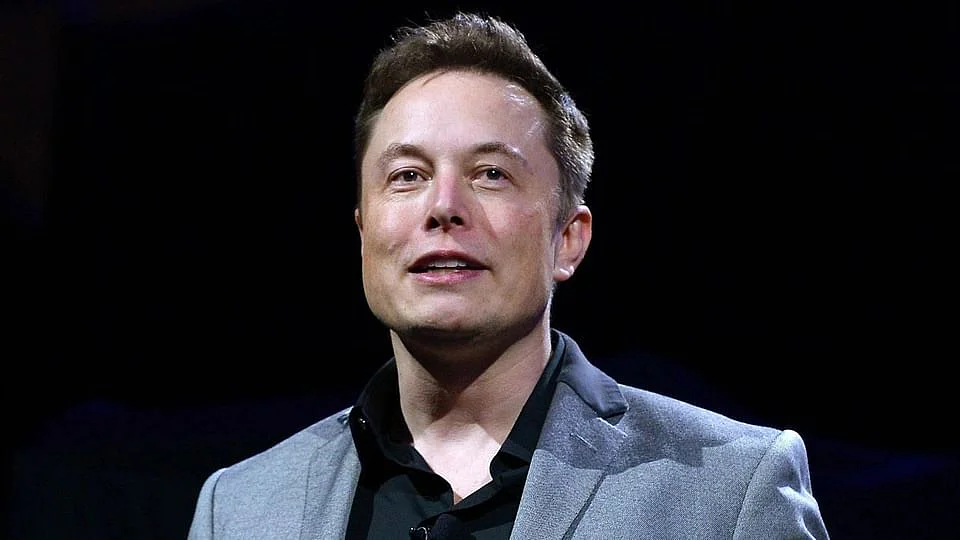The odds of Elon Musk abandoned his plan to acquire Twitter may have just improved.
The Tesla CEO has spent months complaining that he shouldn’t have to close the $44 billion purchase since the company he agreed to buy undercounted its bogus and spam accounts.
The trial, set to begin on October 17 in Delaware, could end up in Musk’s favor thanks to a whistleblower complaint filed by Twitter’s former security chief, who claims the company lied to regulators about its privacy and security protections, as well as its ability to detect and root out fake accounts.
In reality, Musk’s legal team has already issued a subpoena to the whistleblower, former Twitter head of security Peiter Zatko also known by his hacker alias “Mudge”.
Musk’s lawyer, Alex Spiro, has indicated that the legal team “found his exit and that of other key workers intriguing in light of what we have been learning.”

Musk is attempting to withdraw from buying Twitter. Wedbush analyst Dan Ives said in an interview that the Twitter lawsuit’s dynamics had changed since the Mudge document was made public when it seemed like a definite win for Twitter.
He explained that for Musk, “this is like opening a present on Christmas morning.”
To quote one commentator: “It provides the Musk camp a leg to stand on going into the court battle.”
Ives predicts more attention on the spam bot issue in Washington as a result of the whistleblower complaint, which supports Musk’s claims on the matter.
That this came out at such a crucial time is the worst possible scenario for Twitter’s board.
However, Ives found it “very curious” that the complaint was filed just weeks before the trial in Delaware.
For Twitter, the complaint is “a false narrative” about the company’s privacy and data security standards since it “is filled with contradictions and falsehoods and lacks critical context.”
The business stated in an email that Zatko’s “allegations and opportunistic timing appear aimed to attract attention and inflict harm on Twitter, its consumers, and its stockholders.”
However, there are many who believe the whistleblower’s revelation is nothing more than an attempt to improve Musk’s public image.
A legal and business professor at the University of Michigan, Erik Gordon, said that despite the attention the news is receiving, it is unlikely to alter Twitter’s likelihood of winning its lawsuit demanding that Musk complete the purchase.

According to Gordon, Musk knew about the company’s “spam bot” problem on Twitter before signing the contract and complained about it.
According to Gordon, in order for Musk to get out of the acquisition agreement, he must prove that there has been a “substantial adverse change” in the company, a shift so significant that the arrangement is no longer what Musk expected it to be.
He has no plausible excuse for his actions. Elon Musk can say that the whistleblower basically admitted that he was correct.
This is bad news for Twitter but doesn’t help Musk very much. Gordon, who has taught merger and acquisition law, said the Delaware Court of Chancery typically doesn’t let people out of deals if the conditions don’t go their way.
In the past, it has mandated the fulfillment of contracts. He speculated that, in light of the Mudge admission, Twitter’s board could feel more comfortable accepting a settlement offer from Musk short of a full purchase of the firm.
The contract stipulates a $1 billion breakup fee, but he believes any settlement will be more than that.



Comments are closed.